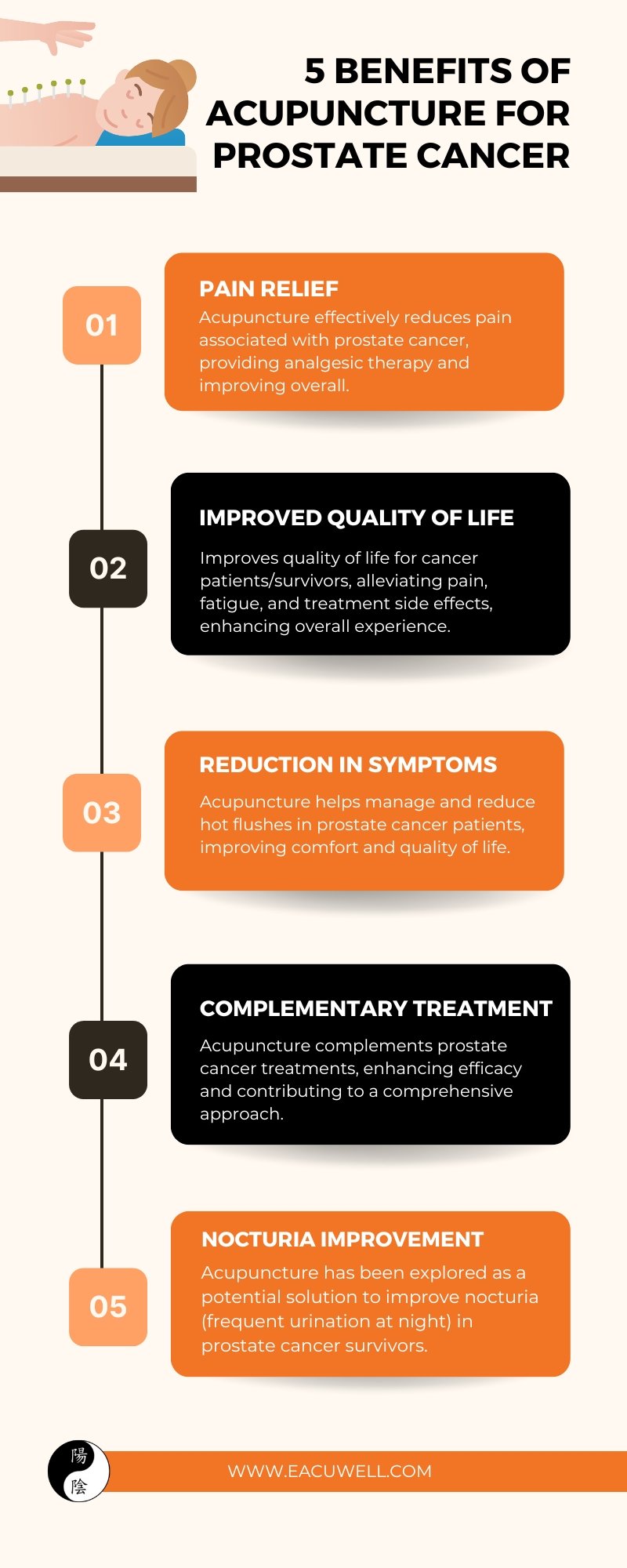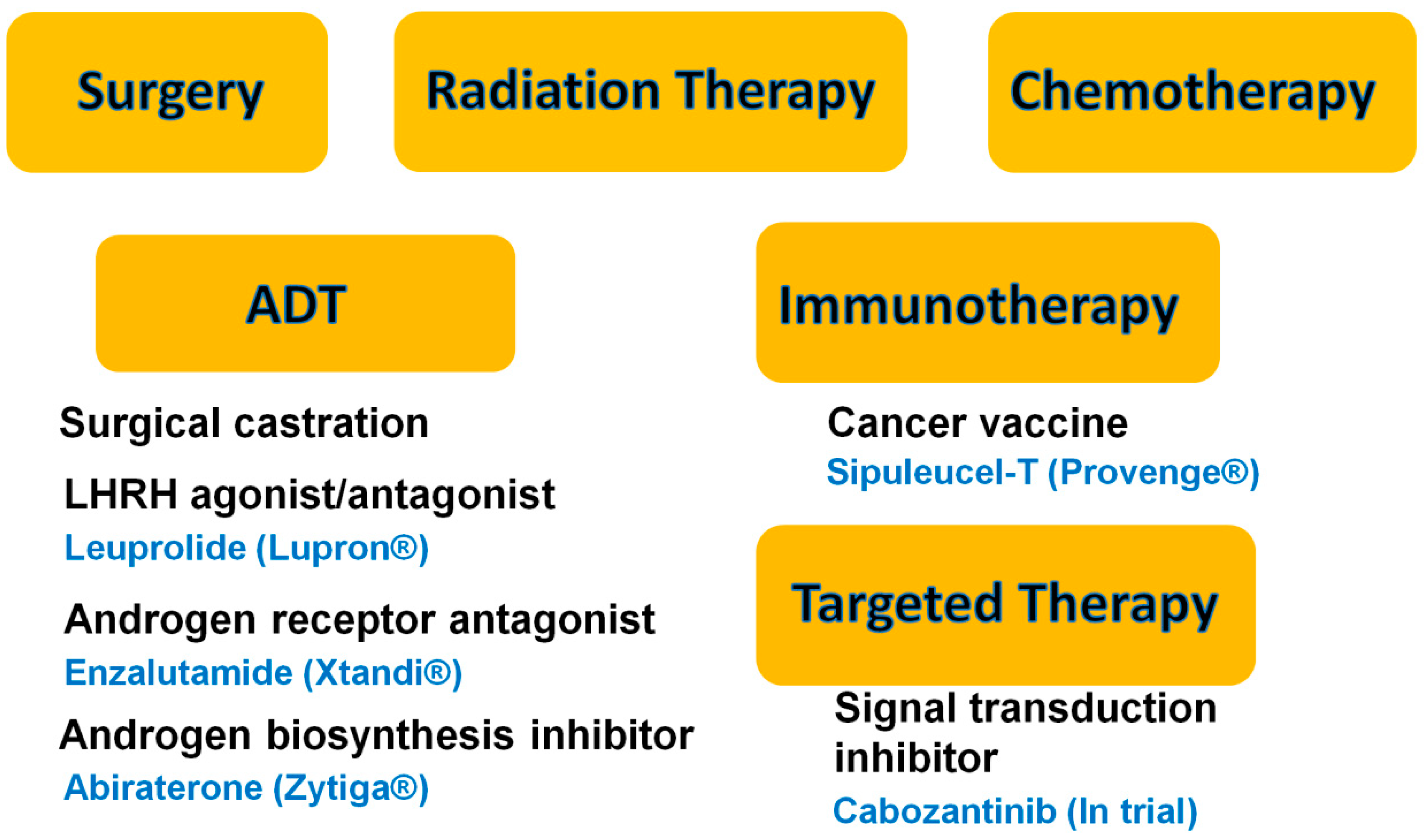What Does Best Prostate Cancer Hospital In India Mean?
What Does Best Prostate Cancer Hospital In India Mean?
Blog Article
Prostate Cancer Therapy: Surgical and Non-Surgical Approaches Explained
When encountered with a prostate cancer diagnosis, the selection of treatment options can appear overwhelming. This thorough introduction intends to drop light on the complexities of prostate cancer cells treatment, using insights into the details of each method to equip people in making informed choices concerning their wellness.
Surgical Therapy Options
When taking into consideration medical treatment choices for prostate cancer, people and health care service providers typically consider the benefits and risks connected with various treatments,. One usual surgical approach is radical prostatectomy, which includes the elimination of the whole prostate gland. This treatment is frequently suggested for individuals with local prostate cancer cells and offers the potential for a cure. Extreme prostatectomy can lead to side results such as urinary incontinence and erectile dysfunction.
Another surgical option is robotic-assisted laparoscopic prostatectomy, a minimally invasive procedure that uses a robot system to assist the surgeon in getting rid of the prostate. This method can cause much less blood loss, much shorter hospital stays, and faster recuperation times contrasted to traditional open surgery. Nevertheless, it likewise lugs the danger of issues such as infection and injury to bordering organs.
Inevitably, the selection of surgical treatment for prostate cancer depends on various elements including the stage of the cancer cells, the individual's overall health and wellness, and their preferences pertaining to prospective adverse effects and healing times. Consulting with a multidisciplinary group consisting of urologists, oncologists, and radiation oncologists can help individuals make informed choices concerning one of the most ideal surgical technique for their specific situation.

Non-Surgical Therapy Options
Taking into consideration alternatives to surgical interventions, non-surgical therapy choices for prostate cancer cells offer people additional methods for taking care of the condition while lessening prospective surgical threats. One non-surgical approach is Energetic Monitoring, where clients with low-risk prostate cancer are checked closely with normal exams, blood tests, and biopsies, without undergoing instant therapy. This technique intends to prevent unneeded treatment and its involved negative effects, such as urinary incontinence and erectile dysfunction.
An additional non-surgical option is Radiation Therapy, which makes use of high-energy rays to kill cancer cells (Best prostate cancer hospital in Mumbai). This therapy can be provided on the surface using a device (Outside Beam of light Radiation) or inside via little contaminated pellets positioned near the growth (Brachytherapy) Radiation treatment can be utilized as a primary therapy or in mix with various other therapies, such as hormonal agent therapy
Additionally, Hormonal Agent Treatment is a non-surgical technique that aims to decrease the levels of male hormonal agents (androgens) in the body, as these hormonal agents can sustain the growth of prostate cancer cells. By blocking or decreasing androgen degrees, hormonal agent therapy can reduce cancer cells development and relieve signs in innovative instances.
Robotic-Assisted Surgical Treatment for Prostate Cancer

Among the crucial advantages of robotic-assisted surgical treatment for prostate cancer cells is its ability to minimize the threat of problems and adverse effects typically connected with open surgical treatment, such as blood loss, discomfort, infection, and expanded recovery times. Individuals undertaking robotic-assisted procedures usually experience much shorter healthcare facility remains, browse this site much less postoperative pain, and quicker return to normal activities. Additionally, the minimally invasive nature of robotic surgery normally causes smaller sized cuts, resulting in improved aesthetic results and lowered scarring for individuals. Generally, robotic-assisted surgery represents an innovative approach to prostate cancer cells treatment that incorporates technical improvements with surgical experience to maximize individual outcomes.
Radiation Therapy for Prostate Cancer
Utilizing advanced radiation technology, radiation therapy plays an important duty in the thorough therapy of prostate cancer cells. Radiation therapy makes use of high-energy radiation to damage cancer cells and diminish tumors. It is an usual treatment alternative for prostate cancer cells, either as a primary therapy or in mix with surgical treatment, hormone therapy, or chemotherapy.
There are 2 primary kinds of radiation therapy used for prostate cancer: exterior beam radiation treatment (EBRT) and brachytherapy. In EBRT, an equipment delivers radiation from outside the body to the prostate. This treatment is typically provided over a number of weeks, with day-to-day sessions lasting only a couple of minutes (Best prostate cancer doctor in Mumbai). Brachytherapy includes placing contaminated seeds or resources directly into the prostate near the malignant cells. These seeds produce radiation that eliminates the cancer cells with time.
Radiation treatment for prostate cancer is very efficient, with high remedy rates, especially for local cancer cells. It is also a valuable option for individuals who might not appropriate candidates for surgical treatment. Like any kind of treatment, radiation therapy might have adverse effects, such as urinary system troubles, exhaustion, and skin irritability, yet these are convenient and usually temporary.
Hormone Treatment for Prostate Cancer
Hormone therapy is a typically utilized therapy strategy for prostate cancer cells administration. Prostate cancer is typically fueled by the male hormone testosterone. Hormonal agent therapy, likewise understood as androgen deprival therapy, aims to decrease testosterone levels in the body or obstruct the hormone's impacts on the prostate cancer cells, therefore decreasing the condition's development. This treatment is particularly effective in innovative phases of prostate cancer cells, where surgical procedure or radiation treatment may not be enough.
There are various types of hormonal agent therapy for prostate cancer cells, including medicines that reduced testosterone levels (such as luteinizing hormone-releasing hormone agonists and antagonists), or medicines that block testosterone from reaching cancer cells (like anti-androgens) Hormone treatment can be used alone or in mix with various other treatments like radiation treatment, depending upon the phase and aggressiveness of the cancer cells.
While hormonal agent therapy can effectively manage prostate cancer development, it might come with negative effects such as hot flashes, loss of sex drive, erectile dysfunction, and weakening of bones - Best prostate cancer hospital in Mumbai. Normal monitoring and discussions with doctor are crucial to handle these side results and guarantee the therapy's effectiveness
Conclusion
To conclude, the therapy choices for prostate cancer cells include non-surgical and surgical strategies such as robotic-assisted surgery, radiation therapy, and hormone therapy. Each strategy has its own benefits and threats, and the choice of treatment depends on different factors such as the stage of cancer and overall health and wellness of the person. It his comment is here is very important for individuals to review these options with their medical care copyright to identify the most appropriate strategy learn the facts here now for their specific situation.

Making use of advanced radiation technology, radiation therapy plays a critical duty in the detailed therapy of prostate cancer. It is a common therapy choice for prostate cancer cells, either as a main treatment or in combination with surgery, hormonal agent therapy, or radiation treatment.
Radiation therapy for prostate cancer cells is extremely effective, with high treatment rates, specifically for localized cancer.Hormonal agent therapy is a commonly used treatment technique for prostate cancer administration.In conclusion, the therapy choices for prostate cancer include surgical and non-surgical techniques such as robotic-assisted surgical treatment, radiation therapy, and hormone treatment.
Report this page